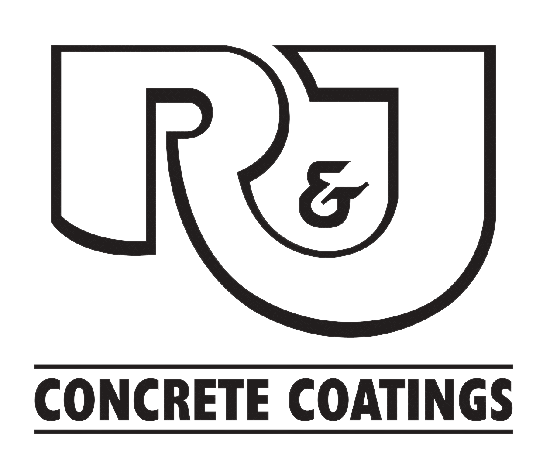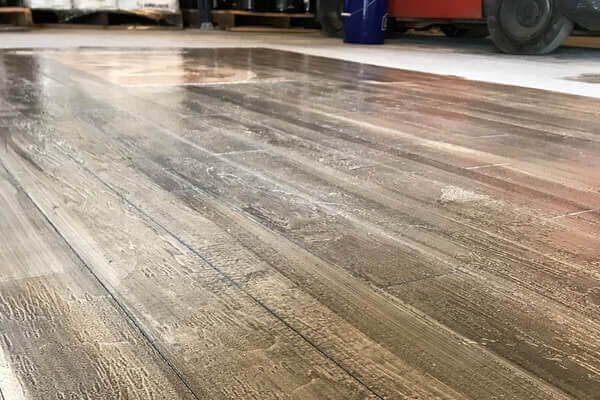Have you ever experienced that strong and confident feeling that comes from the satisfaction of completing a difficult home renovation or repair?
For homeowners, few feelings are quite as nice as standing back and looking at a finished product that you built by hand.
A well-built and repurposed project can become the pride and joy of your home.
However, there are some projects that run the risk of disaster if you aren’t prepared.
One of those is the replacement or repair of cracked, crumbling, or broken concrete.
Concrete is often chosen by homeowners for patios, garages, and walkways due to its ease of use and long-lasting durability.
However, when it comes to residential concrete repair or repaving, small details and planning can make the difference between a beautifully smooth finished product and a disaster.
Knowing the common mistakes that homeowners make in residential DIY concrete projects can help you plan and prepare for success.
Let’s take a look at four ways you can avoid a bad concrete repair job in your home or residential property:
1. Keep It Even With Smooth Forms
The most important part of concrete repair and replacement begins far before you ever mix or pour.
The key to a successful concrete project is the placement of a level and smooth form.
If your well-planned form isn’t set prior to pouring, you can risk the concrete pouring over into unwanted sections and leave your final concrete flooring uneven and unsightly.
Avoid this at all costs by taking the time to measure, plan, and place your forms before setting out to pour concrete.
2. Know Your Height
A common element of concrete repair and replacement is the final height of your concrete.
This is an element that many DIY homeowners don’t think about as they mix and pour, and risk ending up with a lopsided or curved final product.
Before you pour or replace, measure and mark your final height for the concrete and ensure that it is poured evenly.
Measure the surrounding walls or ground to get a clear idea of where you desire the concrete height to reach.
If you don’t, you may have a final result that must be replaced completely – costing you even more time and money.
3. Watch Your Water
Water is a vital part of the concrete mixing and setting process.
A little H20 can go a long way, and too much can ruin your concrete project.
When mixing your concrete, having the right ratio of water to mix is vital to creating a strong cement product.
You will know you’ve hit the jackpot when your concrete appears smooth – between a runny and dry mixture.
Avoid chunks at all costs. Add too much water to your cement prior to pouring, and you risk compromising the strength, durability, and life of the concrete.
4. Partner With An Expert
Does the idea of replacing or repairing your concrete flooring stress you out?
Avoid the nightmare all together by working with an experienced concrete replacement and repair company.
With a team of trained and licensed concrete contractors, you can trust that your concrete job is being completed with a winning strategy.
In the rare instance that you aren’t 100% pleased with your results, a concrete company will often offer satisfaction guarantees and warranties.
If you choose to attempt your concrete repair on your own, you may be stuck with an unsightly finished product.
Avoid this outcome by partnering with a local concrete repair and replacement company.
Ready to bring some life back to your outdated or crumbling concrete?
Contact your local concrete company today to learn more about your options!



